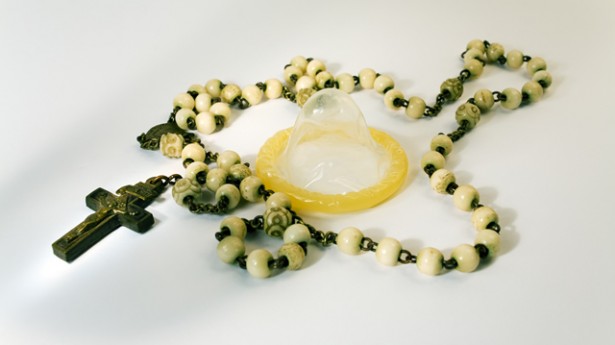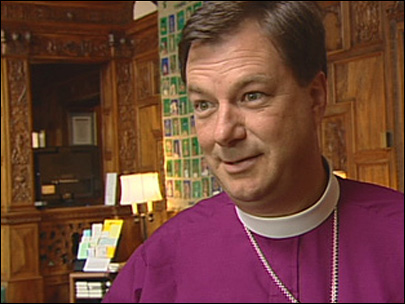The head of a group of “disobedient” parish priests has called for mercy on homosexuals.
 Helmut Schüller, who set up the Preachers’ Initiative last June, said at the weekend that showing mercy on same-sex couples was more important than clerical law and regulations. He called on Catholic Church leaders and members to show respect and charity to homosexuals. Schüller added that inner values mattered more than anything else.
Helmut Schüller, who set up the Preachers’ Initiative last June, said at the weekend that showing mercy on same-sex couples was more important than clerical law and regulations. He called on Catholic Church leaders and members to show respect and charity to homosexuals. Schüller added that inner values mattered more than anything else.
It was the first time Schüller published another demand on Roman Catholic Church bishops and the Vatican since presenting a list of ideas last summer. At that time, Schüller – who heads the parish of Probstdorf in Lower Austria – said the Vatican should allow priests to give Holy Communion to people who married a second time at registry offices after getting divorced following church weddings. The Preachers’ Initiative also wants the Austrian Church to allow women to hold sermons. The group is in favour of getting rid of the celibate too to increase the declining number of young men interested in becoming Catholic priests.
Schüller, who once headed Caritas Austria – appealed to Austrian priests on Saturday to fight appeals by clerical leaders on them to take care of more than one parish community at the same time. Schüller claimed that pastoral care – “a key aspect of preachers’ duties” – would be continuously neglected this way.
The Probstdorf parish priest recently rejected claims that his initiative suffered a standstill. “We just need to stop and take a breath,” he told magazine profil. Schüller explained that his movement spent the past weeks on agreeing on a strategy and a path every member agreed with. The ex-Caritas chief said that the group currently consisted of around 400 priests. He pointed out that many preachers joined the movement in the past few weeks.
He said on Saturday that the group of Catholic preachers – who angered Viennese Archbishop Christoph Cardinal Schönborn and other high-ranking representatives of the Austrian Church by declaring themselves “disobedient” – planned to cooperate with movements in several countries all over the world including Australia. Schüller stressed that the ideals of the Austrian Preachers’ Initiative were endorsed by many groups of Catholic priests abroad.
Schönborn said in several recent interviews he had no intention of denying the need for reforms in the Austrian Catholic Church. However, the head of the Austrian Church also criticised Schüller’s group for choosing the term “disobedience”. Schönborn and Schüller did not hold talks in the past weeks about a possible agreement after having met a few times last year when Schönborn tried to end the dispute before it garnered more public attention.
The archbishop of the Diocese of Vienna headed an Austrian delegation who gathered with Vatican representatives in Rome around two weeks ago. Reports have it that the clerics also spoke about Schüller’s movement and possible reactions to avoid a drifting apart of the Austrian Church. “I appreciate that the Worldwide Church starts thinking about our ideals. Maybe this was the start of something,” Schüller said when being informed by the press that such a meeting took place.
More people than ever since the end of World War Two (WWII) left the Austrian Church in 2010 when 58,603 cancellations of memberships were registered. The number declined by 32 per cent in 2011. A spokesman for the Conference of Austrian Bishops said that the Church appreciated this development – but also underlined that the decrease would not mean that everything was perfectly fine again in the Church.
Widespread refusal to carry out reforms and accept modern lifestyles but also an increasing number of reported cases of sexual abuse by clerics are main aspects for Austrians’ decision to leave the Church. Another reason seen as a key motivation is a fee colloquially known as Church tax. All members but unemployed people and needy pensioners are asked to transfer 1.1 per cent of their incomes to the Church. Critics of the tradition-rich rule point out that the Church benefited in many other ways as well such as low taxation of their properties and financial support by the state to renovate and restore monasteries and abbeys.
Complete Article HERE!




